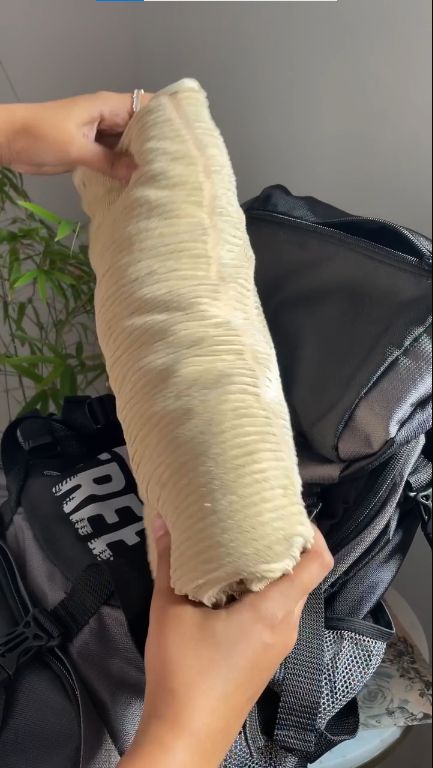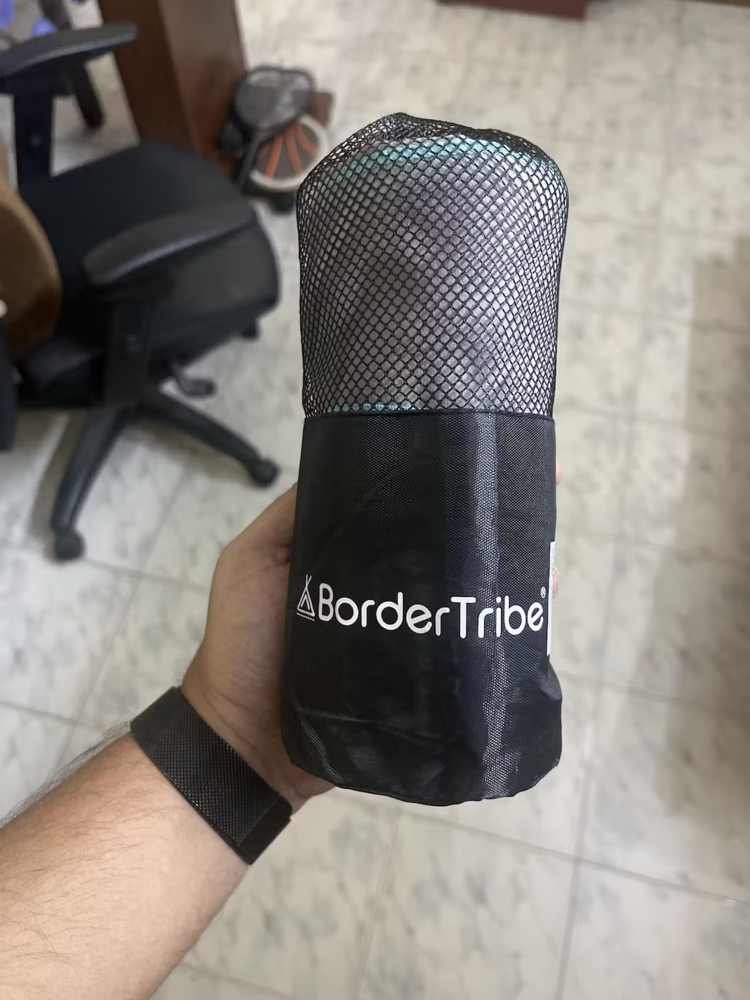How do I carry money abroad? Should I carry Indian Rupee or USD? What is the Best Travel Card?
These are some of the few frequent questions that you may have regarding money management when abroad. Staying financially secure when travelling abroad is very important.
You are in a foreign country where every thing from language to culture is new to you. You probably have few to nil connections in your destination.
The last thing you want is to be stuck without money on unfamiliar grounds.
This here is a complete guide to ensuring your financial security when abroad.
Section 1: Taking Money Abroad
Carry multiple multiple sources of money when travelling abroad
Don’t just carry Cash or Travel Cards, or Credit Cards. Carry all three.
In the unfortunate event that your cash/ card is stolen or your card is blocked, you have backup.
Do not convert Indian Rupee (in cash) into a foreign currency when Abroad.
Why? Well India Rupee is not a widely accepted International Currency.
Converting it to foreign currency abroad will come at premium rates. Many a fellow traveler has burnt the finger doing this.
Exchange rupee abroad only if you have exhausted all other means of spending. It should be your last resort.
Carry USD instead of local currency.
The United States Dollar (USD) is the most widely accepted global currency. In case you are travelling to a country whose local currency is not widely accepted (e.g. Hungarian Forint), it is best to carry USD with you.
You can exchange the USD into the local currency (Hungarian Forint in this case) once you land in your destination (Hungary).
USD not only has the best conversion rates, but also wide acceptance. Many shops abroad (including Airport Duty Fee) accept USD at good rates.
There are also a few countries where card usage is not prevalent (e.g. many cities in China etc.). However almost all these countries accept USD. Even shops exchange USD for local currency. That too at very good rates.
Moreover if you are left with excess USD at the end of the trip, there is no pressure to spend it at the duty free. You can always bring it back to India and spend on future trips. Highly unlikely that USD will be demonetised :). Euro/ Pound Sterling are also good substitutes for USD..
Also note that buying not-so-common foreign currencies (e.g.. Thai Baht) in India is always expensive.
Bonus Travel Tip: Airports exchange centers usually give you very bad rates when exchanging USD. Exchange minimal USD at the Airport after you land (this is for immediate requirements only). Covert the rest only once you get into the city (where the rates are way better).
Travel Cards
There are plenty of Travel Cards available in the Market. However, one of our our customers strongly suggested the Niyo card.

Inform your Bank and Credit Card companies of your travel plans
If your bank/ credit card company observes that your spending is outside of your normal pattern (in this case, in a foreign country), they may suspect fraud. In such a case, the bank will try to contact you. If you are not reachable by any chance, they will block your card to prevent fraudulent transactions.
Inform you banks and credit card company that you are travelling abroad. Nowadays, you can do this using the bank app.
Record the name of your destination and your period of stay in the bank database (via app or phone call to call center). This way they know a genuine transaction when whey see one.
Limits on the amount you can carry
This depends on the country you are departing from (usually India) and the country you are travelling to. There are limitations on the amount of money one can carry into and out of each country.
For e.g. The Indian government stipulates that you cannot carry more than USD 3,000 equivalent per person in foreign currency (in cash) out of India.
Further, you have to declare details of gold you are carrying out of India. There are also restrictions on the amount of Indian rupee you can carry out of India.
Even countries that you transit through have restrictions. For e.g. If you are transiting through Malaysia with more than USD 50,000, you have to declare it at customs.
Be aware of all these when embarking on your journey. Read the customs websites of the respective countries to ensure that you are aware of all the regulation.
However, you may note that the limits are usually very high. You are highly unlikely to exceed these limits.
Funfact: Did you know that there were stringent restrictions on the foreign currency you could carry abroad from pre-liberalized India? So much so that the Indian government used to record the amount of foreign currency you carry, on your passport. Check out this passport copy from1990.
Section 2: Spending Money Abroad
Take extra care when operating ATMs abroad.
ATMs abroad do not have the same user interface as ATMs in India. Make sure you read all instructions clearly to avoid any mistakes/ unnecessary charges.
Be careful when handling foreign currency

It takes some time to get familiar with the denominations, size, color etc of foreign currencies. This is especially true of currencies which have a very low exchange rate compared to the Indian Rupee.
Take the Indonesian Rupee (IDR) for e.g. 1 INR is approx. 200 IDR. A coffee costs you about 10,000 IDR (Rs. 50) and a fancy meal can cost you a million IDR (Rs. 5,000). Make sure the extra zeroes do not confuse you. Always double check the currency before payment.
It is advisable to use a Travel Wallet to separate out currencies of different countries. This is essentially especially if you are travelling to multiple countries (with different currencies) on the same trip.
Try to spend using a credit card or travel card to the extent possible. Avoid using a debit card
There is a fundamental difference between a credit card and a debit card. With a Debit card, the money leaves your bank account the moment your card is swiped.
With a credit card, you pay the Credit Card company later for the transaction.
This means that credit cards give you more protection from loss due to fraud/ hacking. All you need to do is make a claim with the Credit Card company that you have not done the transaction. The company cannot charge you for an amount in such a case.
The CC company has an obligation to waive off the amount if the transaction occurred without your knowledge or permission.
Here is another travel trip
When making intentional payments using card, always opt to pay in the local currency itself.
For eg. Let us assume that you buy something using your card at a local supermarket in Thailand. The shopkeeper may ask you whether you want to do the transaction in Rupees or in Thai Baht. Always choose to pay in Thai Baht.
In this case, it is your bank in India that will apply the Thai Baht to INR exchange rate.
If you choose to pay in Rupee, the local Thai Bank will apply the conversion rate (usually premium).
The same goes when making payments online too
Section 3: Securing your money when abroad
Opt for an accommodation that has a digital locker.
You an check this at the time of booking. A digital locker that has a pass code is very useful. You can store your money and valuables in it when you are out sight seeing. This takes away the stress of being constantly watchful about your money.
Split your money into multiple stashes and store them separately.
If you have a travel partner, split the cash and cards between both of you. Store part of your cash in your wallet and some in your backpack or other bags. If you are carrying more than one card, store them in separate places.
You could opt to store part of your money in the digital locker in your room. You can carry the balance with you when sightseeing.
Carry an RFID blocking wallet
Have you noticed that most banks today are moving to contact-less cards. This means you do not have to insert the card into a machine for payments. The machine can read it just by being in proximity with your card.
Infact some of these machine work even when your card is in the wallet. Hackers take advantage of this by accessing your card without your permission. It can happen anywhere (e.g. while you are traveling in a crowded bus and your wallet is in your pocket).
RFID blocking wallets prevent this by blocking the signals from these machine. Cards stored in RFID blocking wallets cannot be read from outside. The card needs to be taken out.
Carry a single shoulder bag
The advantage of this bag is that you can wear it in such a way that the bag is hanging from the front of your body. This way, you have your valuables (passport, money etc.) in sight all the time. This is a great way to secure your stuff especially when in crowded places such as buses, trains etc.
Hope that answers all your queries on Managing Money during Foreign Travel. If you have any suggestions, queries or travel tips in mind, feel free to comment below.
Hate packing bulky towels when travelling? The BorderTribe Travel Towel is Highly Compact, Super Quick-Drying, and lightweight. Check it out here
Smooth Travels!






